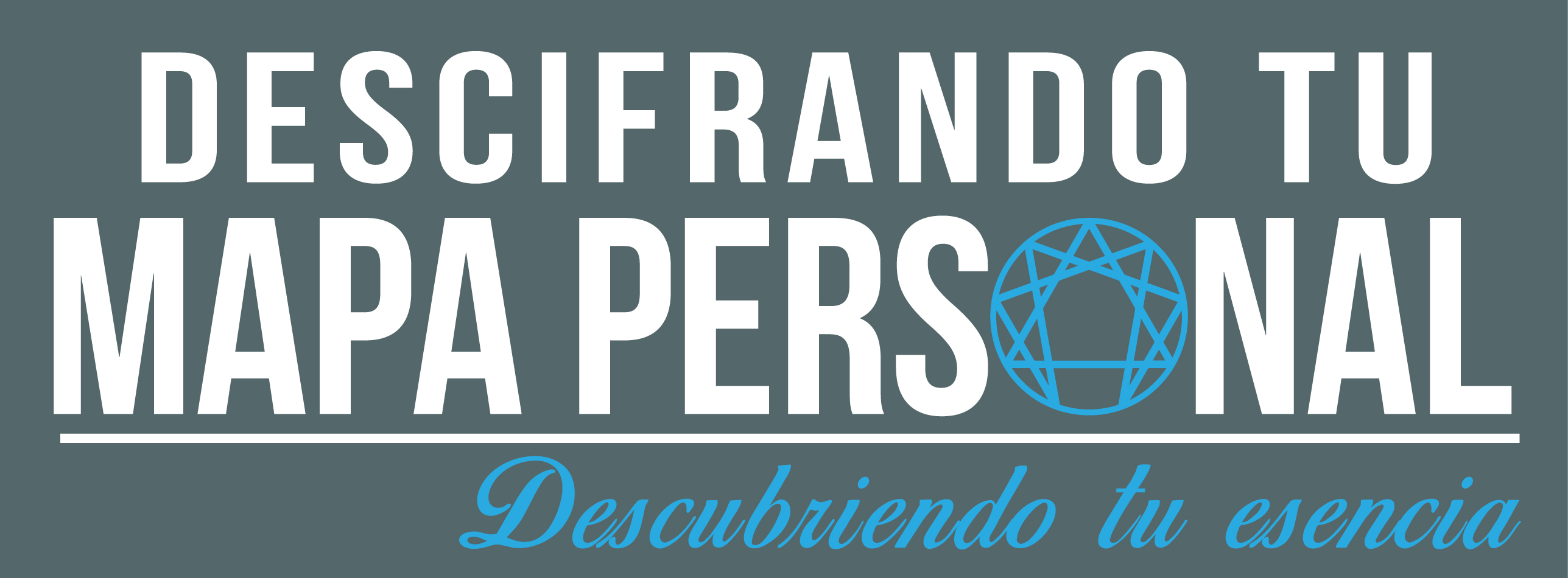Zion Legal Trouble
Ymca Family Membership Requirements
diciembre 13, 2022Zion Legal Trouble
The allegations would call into question Williamson`s legal status as an amateur during his time at Duke and could have implications for the Duke program if true. Now that the legal drama is over, Williamson can use his offseason for more important things: preparing for the 2021-22 season to help the Pelicans qualify for the playoffs for the first time since 2018. The recent dispute in the lawsuits sparked a debate on social media about the legality of documents submitted by Prime Sports Marketing and allegedly used by Williamson to secure a contract with another agency while at Duke. Prime Sports Marketing claims that establishing this relationship with another agency would have revoked his amateur status and therefore made his contract with Williamson legally enforceable. “It appears that the defendants want to undertake a fishing expedition in the background of the plaintiff, his parents and associates,” Biggs added, before noting that Ford`s legal camp is attempting to “renegotiate the issues that have been dealt with by the court.” At stake is a debate over whether Williamson was legally an amateur athlete when he signed a contract with Prime Sports Marketing after entering the 2019 NBA Draft. Daniel Wallach, a legal analyst for The Athletic, first reported on the developments that triggered a decisive rebuttal from Williamson`s legal team. In a statement released to the media, his lawyers described the allegations as “a desperate and irresponsible attempt to slander Mr. Williamson at the very moment he has the opportunity to live his dream of professional basketball. “The defendant`s positive defenses and counter-claims that the plaintiff was not a student-athlete are not based on substantive factual allegations, but on a legal finding contrary to their own pleadings as well as the appendices to their pleadings,” Biggs wrote. “While the defendants submit that their pleadings make it clear that they are challenging the applicant`s status as a student-athlete at the time the agreement was reached, this allegation is in direct contradiction to their admission that the applicant has actively engaged in an intercollegiate sport – namely men`s basketball – which is one of the ways in which the UAAA provides that a person may be considered a student-athlete. The court is not obliged to presume the veracity of claims or legal conclusions because they are presented in the form of factual allegations.
“DISCLAIMER: Due to the generality of this update, the information contained in this document may not be applicable in all situations and should not be implemented without specific legal advice based on specific situations. In a court filing, Williamson`s legal team argued that resolving the North Carolina case could “partially or completely” eliminate the need for information sought by Prime Sports Marketing as part of the discovery process in the Florida case. Attorney Willie E. Gary, who is part of Ford`s legal team, noted that the order “affects only some of the claims in the North Carolina case.” The judge agreed, noting that there was no legal basis for the courts to decide whether Williamson had violated NCAA rules. Zion Williamson`s legal battle against his former marketing agent is finally over. NBA All-Star New Orleans Pelicans tested positive Wednesday when Judge Loretta C. Biggs ruled that Zion`s contract with Gina Ford and Prime Sports Marketing was null and void. North Carolina law is designed to protect student-athletes. By accusing Williamson and his family of accepting improper advantages, Prime Sports Marketing seems to be trying to cast doubt on whether he was really an amateur and whether North Carolina law should apply anyway, since their agreement began after he declared himself in the draft. But, as Wallach explained, diving into Williamson`s months at Duke could be a double-edged sword for Prime Sports marketing if it`s proven that the company established a business relationship with his family as an uncertified agent before declaring its support for the design.
Biggs dismissed several of the defendant`s claims for summary judgment and a stay of proceedings in the contract case. The court had previously ruled that their agreement was void and unenforceable because neither the company nor the agent complied with North Carolina law. It remains to be seen how the federal ruling will affect a separate but related lawsuit filed by Ford in a Florida state court seeking damages for breach of contract.
